Benjamin Anastas: Related Content

Article
The Literature discipline at Bennington College has received a grant from the Winston Foundation to fund a new course and reading from 2024 Ben Belitt Distinguished Visiting Writer Jia Tolentino.

Article
While students embark on Field Work Term, an annual work-learning term during which students gain hands-on experience and test their classroom ideas in the world of work, Bennington faculty and staff offer their reading recommendations to keep everyone’s intellectual juices flowing wherever they are.
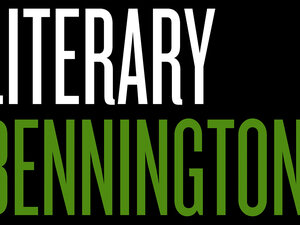
Article
On October 2015, students in a course taught by faculty member Benjamin Anastas launched a blog tracing Bennington’s outsized impact on the world of literature and asking what accounts for it. Literary Bennington features author interviews, short pieces of journalism and reviews, and coverage of literary events on campus.

Article
Over the summer, the pop-up course Understanding and Responding to COVID-19, Crisis and Quarantine gave Bennington students, staff, faculty, alumni, and community members a chance to connect with one another while examining the unfolding COVID-19 crisis across disciplines, from anthropology to mathematical modeling to poetry to film.
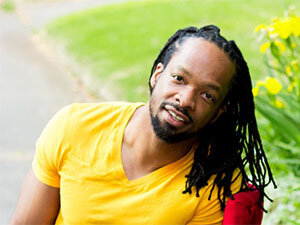
Article
Jericho Brown, finalist for the 2019 National Book Award in Poetry, will be the Commencement speaker for the Bennington Writing Seminars in January 2020.
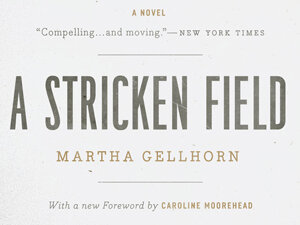
Article
Literature faculty member Ben Anastas declared Martha Gellhorn’s 1940 book, A Stricken Field, the writer’s greatest novel and “essential reading for the political moment we’re living through today” in a New York Times book review.
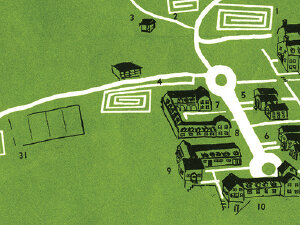
Article
The class is called Literary Bennington and so is the blog. Both take the canon of Bennington writers—from recent Pulitzer Prize winner Donna Tartt ’86 to Mann Booker Prize winner Kiran Desai ’93 to MacArthur “Genius” Jonathan Lethem ’86 and best-selling author Bret Easton Ellis ’86, as well as the scores of faculty members who laid the literary ground for those who came after: Bernard Malamud, Kenneth Burke, Stanley Edgar Hyman (and his wife, novelist Shirley Jackson), Edward Hoagland, and Lucy Grealy among others—as their subject. The blog, of course, draws more than just the Bennington crowd. Led by faculty member Benjamin Anastas, students publish in-depth interviews with Bennington authors and journalists, and share archival reviews of visiting poets from the school’s student paper and recaps of current literary Bennington controversies among other pieces. It is, at once, a look back and forward and literarybennington.tumblr.com is inviting to the unfolding investigation all of what makes a Bennington writer, and what makes Bennington such a hotbed for writing talent. Below is just one of the many interviews students have conducted, this one with author and journalist Summer Brennan ’01 whose recently released book is featured on page 8, and who was interviewed by An Nguyen ’18.
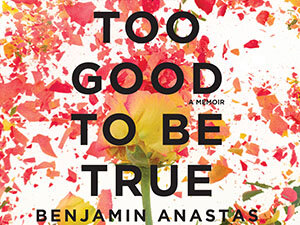
Article
Benjamin Anastas' acclaimed memoir Too Good to Be True will be available in paperback on October 25.

Article
Benjamin Anastas’ review of Javier Marías’ Thus Bad Begins, “a novel of espionage and betrayal in post-Franco Spain” was published on Bookforum this month. Anastas writes, “the author is a listener in the aisles of a vast global library, and he can hear the great books whispering.”

Article
Faculty member Benjamin Anastas' essay, "Questions for My Grandfather’s Psychiatrist," was published in the The New York Times as part of the paper's ongoing series about psychotherapy.

Article
Read literature faculty member Benjamin Anastas’ “The Breakup List” in the June 13 New York Times Magazine.

Article
Faculty member in literature Benjamin Anastas reviews Elisha Cooper's memoir Falling: A Daughter, a Father, and a Journey Back, an account of the author's daughter's struggle with cancer, for The New York Times.

Article
Undergraduate and MFA faculty member Benjamin Anastas' new memoir, Too Good to Be True—about having and losing it all, both in literature and life— “is smart and honest and searching,” raved one New York Times review, “…so plaintive and raw that most writers (and many readers) will finish it with heart palpitations.”